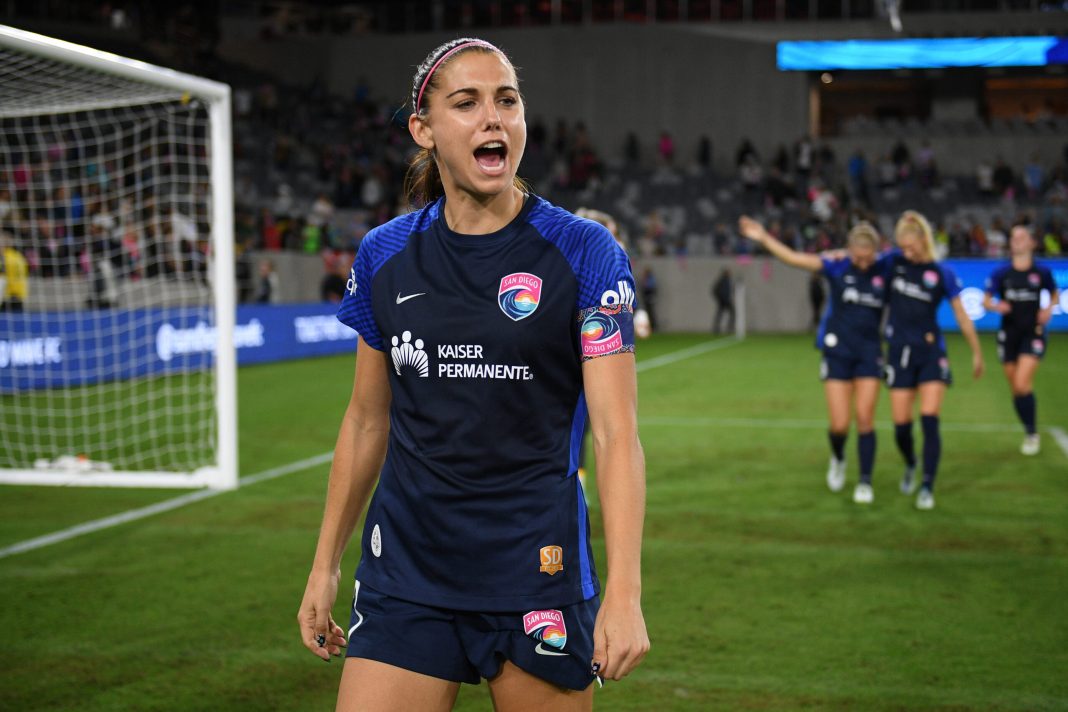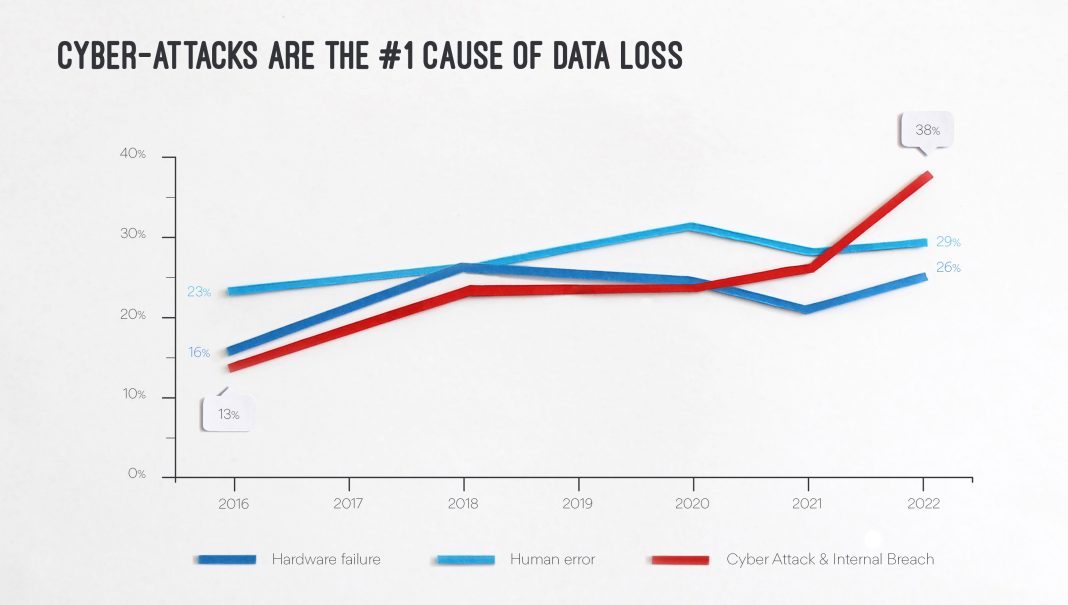 Private equity investors are increasingly showing interest in women’s soccer, with the National Women’s Soccer League (NWSL) leading the way in allowing these firms to take majority control of the economics. According to Jessica Berman, the commissioner of the NWSL, institutional capital provides the opportunity to inject additional capital into the league’s assets. This move by the NWSL sets it apart from other major U.S. sports leagues such as Major League Soccer, the National Basketball Association, Major League Baseball, and the National Hockey League, which only permit private equity investors to hold passive, minority stakes.
Private equity investors are increasingly showing interest in women’s soccer, with the National Women’s Soccer League (NWSL) leading the way in allowing these firms to take majority control of the economics. According to Jessica Berman, the commissioner of the NWSL, institutional capital provides the opportunity to inject additional capital into the league’s assets. This move by the NWSL sets it apart from other major U.S. sports leagues such as Major League Soccer, the National Basketball Association, Major League Baseball, and the National Hockey League, which only permit private equity investors to hold passive, minority stakes.
One of the pioneering private equity deals in women’s soccer was made by Sixth Street, which acquired the San Francisco women’s team, Bay FC, for a record $54 million last year. This was followed by another significant transaction involving Carlyle and the Seattle Sounders FC, who partnered to purchase the Reign FC, the NWSL counterpart in Seattle, for $58 million. This valuation represents a substantial increase from the $3.5 million it sold for just five years ago.
Carlyle’s head of private credit, Alex Popov, believes that the growth in NWSL attendance, which has increased by over 40% this year, is indicative of the sport’s momentum. He stated that this inflection point is occurring for all the right reasons and emphasized the need to continue fostering growth in women’s soccer.
Maya Mendoza-Exstrom, the Reign’s chief business officer, highlighted the alignment between the investment in women’s sports and its intrinsic value. She emphasized that Carlyle’s resources and expertise can contribute to the game’s analytics and overall improvement. Mendoza-Exstrom stressed the importance of making smart choices and running a sustainable business that generates significant revenue and delivers a better product on the field.
According to Deloitte, women’s elite sports revenue is projected to surpass the billion-dollar mark this year, with soccer accounting for approximately half of that figure. Unlike men’s sports revenue, which heavily relies on broadcast rights, women’s sports revenue is more tilted towards merchandising sales, ticket sales, partnerships, and sponsorships. However, the NWSL recently signed a $240 million, four-year media deal, a substantial increase from its previous agreement. Although still lower than MLS’s broadcast rights revenue, this new media deal indicates the potential for growth in women’s soccer broadcasting.
The interest from private equity managers in the NWSL is further fueled by the positive outlook for broadcast rights in women’s sports. The potential acquisition of Angel City FC by Disney CEO Bob Iger and his wife, Willow Bay, at a valuation of $250 million would break records for women’s sports franchise valuations. This demonstrates the increasing attractiveness and potential profitability of investing in women’s soccer.
As valuations continue to rise, private equity interest in women’s soccer is likely to persist. However, the NWSL remains cautious about institutional capital and its impact on the sport. Commissioner Berman acknowledges that the league is being closely watched by other leagues to determine the best approach for institutional capital investment in sports. Currently, the NBA, MLB, NHL, and MLS allow private equity ownership of up to 30%, and the NFL is actively discussing this issue.
In conclusion, private equity investment in women’s soccer is gaining momentum, with the NWSL leading the way by allowing firms to take majority control of the economics. The investments made by Sixth Street and Carlyle have significantly increased team valuations and demonstrated the potential for growth in the league. The NWSL’s focus on sustainable business practices and revenue generation aligns with the increasing revenue projections for women’s elite sports. The recent media deal signed by the NWSL highlights the potential for growth in broadcasting rights. As private equity interest continues to grow, the league remains cautious about the impact of institutional capital on the sport and is being closely observed by other leagues.


